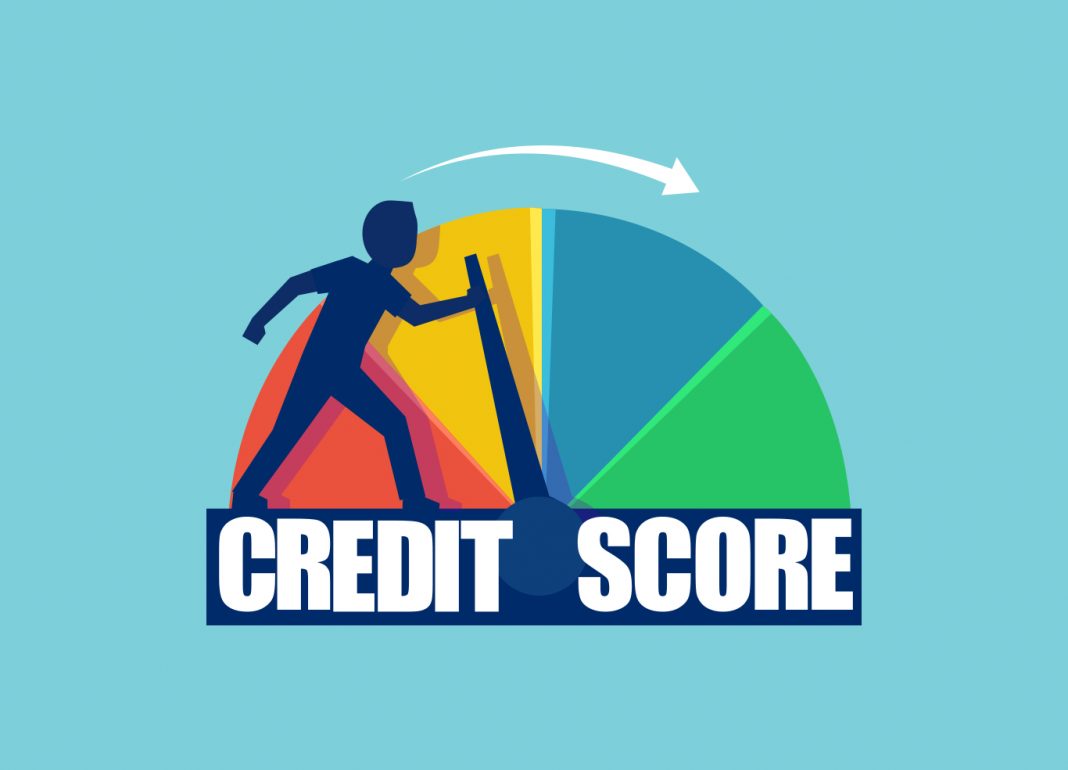When hiring for a higher level executive position in your company, it is important to be thorough. While referrals can help you find qualified candidates and a resume can provide background on experience and education, references are the best way to know if the candidate is genuine, has no red flags in his or her employment history and exhibits desirable personality traits. The candidate’s previous employer, boss or professional colleague can all reveal important information that helps ascertain the candidate’s integrity. Hiring for high level executive roles in the finance industry requires a specialised strategy as compared to hiring for mid or junior level executives. Traditional methods such as using resumes and referring talent from other organisations may not be effective in hiring the best fit for the leadership role. In high stakes hiring, it is essential to have different ways to evaluate a candidate, including contacting professional colleagues, reviewing responses to assessment questions and conducting reference checks.
Whether you are leadership hiring for a high-stake executive position or need to hire a quantity of mid or junior level executives, the leadership selection process is different. High stakes leaders are often selected through referrals. However, executive screening may be required to reveal red flags that can cause serious problems for an organisation. Checks on previous employers, peers and even direct supervisors are all necessary when hiring top-level leaders.
There are different strategies for hiring top executives, with executive screening being the best way to go when you need to build your team from the ground up or when screening a candidate for a high stake leadership role. When you hire senior executives, there are several important factors you must consider in order to succeed, as top executives can make or break your organisation.
A credit check completed for employment purposes is considered a part of background screening and includes the following details: Collections: number of accounts that have not been paid and are in collection. Trade accounts: number of open accounts listed for the individual (loans, credit cards). Negative accounts: number of accounts that are delayed for payment or have been charged off already.
It is common that an employer may conduct a credit check as part of the employment process. Hopeful employers may review your credit report for signs of financial problems, such as late payments, collections and other financial difficulties. Credit Check helps to ascertain your suitability for financing or managing sensitive information or business operations in a payable manner. As such, it can assist employers in making a more confident decision while recruiting employees who are applicants with potential rather than applicants looking for job security.
A credit check is a report of your history with financial obligations, including mortgages, loans, bills and even bank accounts. Credit bureaus collect information on over 190 million consumers, by purchasing and gathering data from banks, credit card companies and individual consumers. However, it appears to be difficult to check my credit score if I have no report anywhere..
Apart from this if you are interested to know more about What Is a Good Credit Score then visit our Business category.









